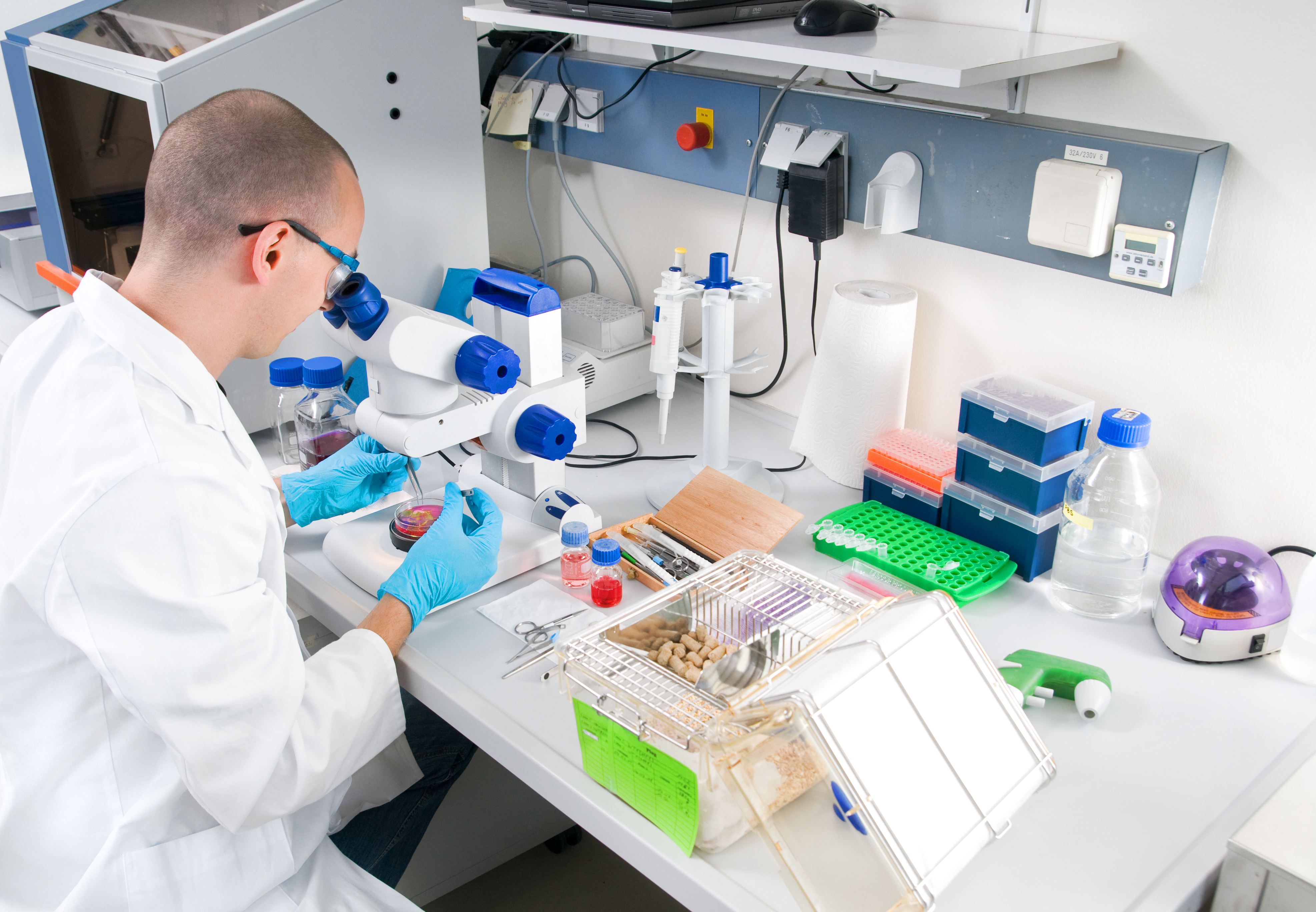A study led by researchers at Children’s Hospital Los Angeles recently revealed new insights into the role of tumor necrosis factor in the development of inflammatory bowel disease (IBD). The study was published in the journal Gastroenterology and is entitled “Tumor Necrosis Factor Receptor 2 Restricts the Pathogenicity of CD8+ T Cells in Mice With Colitis.”
IBD is a chronic inflammatory condition of the digestive tract that primarily includes ulcerative colitis and Crohn’s disease. It is characterized by severe gastrointestinal symptoms, including vomiting, abdominal pain, rectal bleeding, diarrhea, internal cramps in the pelvis region, fatigue and weight loss. IBD can have a serious negative impact on the patient’s quality of life, and is known to increase the risk of colon cancer. It is estimated that more than one million individuals are living with IBD in the United States. It is unclear what triggers IBD, but the disorder is known to be associated to an immunological deregulation and a microbial imbalance in the gut.
One common therapy for patients with moderate to severe IBD is based on the blockade of tumor necrosis factor (TNF), a molecule involved in systemic inflammation. However, anti-TNF therapies are only effective in one third of the IBD patients.
TNF is recognized by two cell surface receptors – TNFR1 and TNFR2. The latter one is found primarily on immune cells, and its expression increases in intestinal epithelial cells during inflammation.
In the study, researchers investigated the role played by TNFR2 in the immunopathogenesis of IBD using mice models of the disease.
Surprisingly, researchers found that deletion of TNFR2 (which mimics the action of anti-TNF therapies) increased the severity of IBD in mice and decrease the time to onset of colitis. Bone marrow transplantation experiments of TNFR2-deficient mice confirmed these results, as animals developed severe colitis.
The team analyzed the transcriptome (RNA pool) of these mice and found that TNFR2 regulates the expression of genes linked to specific immune cytotoxic CD8+ T cells, and which have been associated with susceptibility to IBD. In the absence of TNFR2, the expression of CD8+ T cells increased two-fold, resulting in a worsened IBD phenotype. Interestingly, depletion of CD8+ T in TNFR2-deficient mice models of IBD prevented colon inflammation and the disease was resolved.
The researchers concluded that CD8+ T cells contribute to a worsening of the IBD phenotype in mice, and that TNFR2 can actually mitigate intestinal inflammation in IBD and protect mice from colitis by inhibiting these pathogenic CD8+ T cells. The authors suggest that therapeutic strategies aiming at increasing TNFR2 levels or activity could be a possible approach for IBD patients, especially for those who are non-responsive or become resistant to anti-TNF therapies.
“Understanding this mechanism allows us to target new therapeutic approaches for patients who don’t respond to current therapies,” concluded the study’s principal investigator Dr. Brent Polk in a news release.

